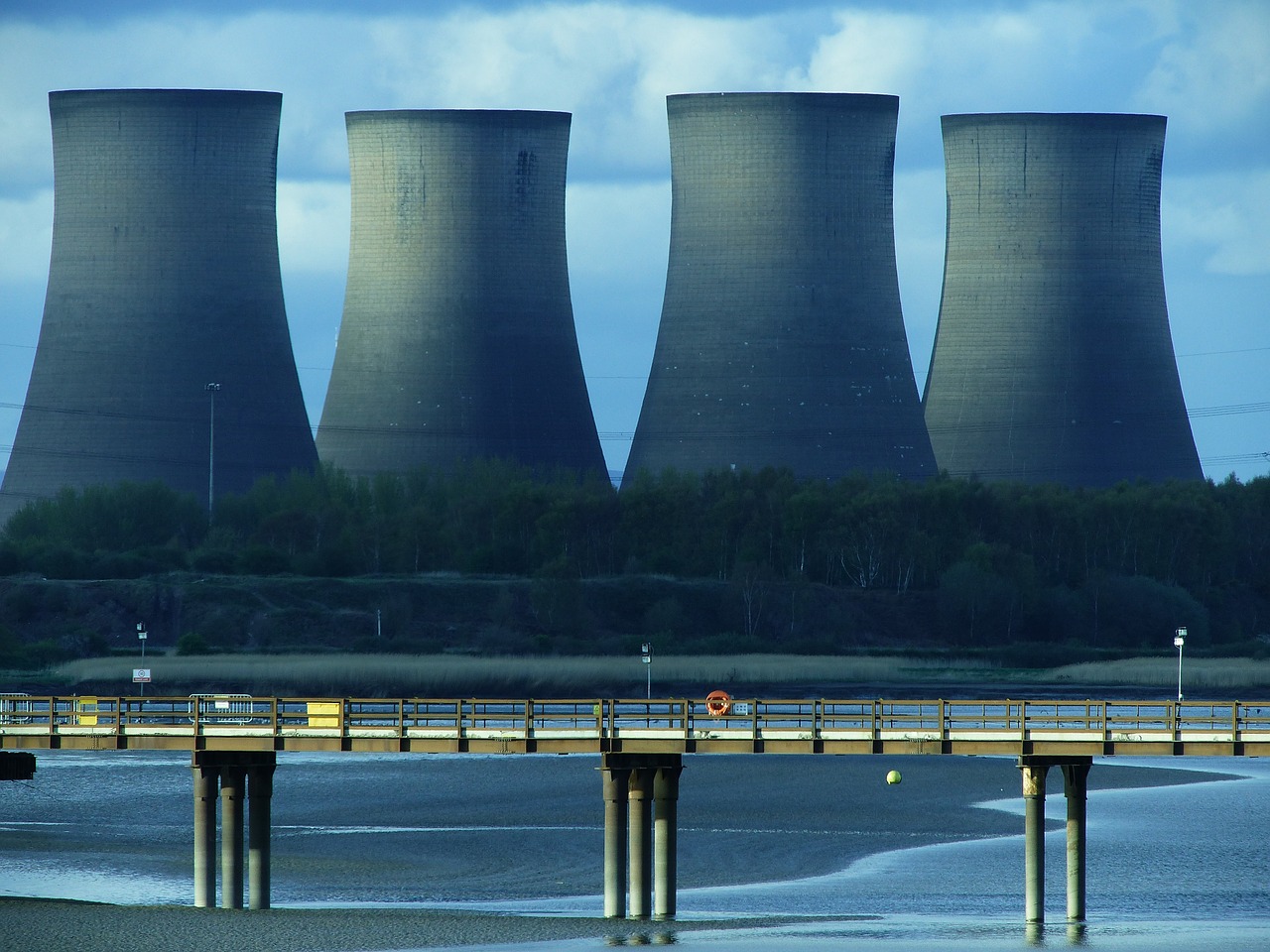There’s a misconception that cooling towers require little to no maintenance at all, and the truth is that they can go for extended periods of time without getting any attention from field technicians. However, cleaning cooling towers often, and with diligence, should be non-negotiable, and here’s why.
First of all, cleaning cooling towers directly attacks microbe and bacteria growth. Whenever this problem is left untreated, the corrosion rates increase due to the biological excrement which is typically acidic. Moreover, bio-hazards are a problem for employees in plants or even entire areas around them.
Secondly, water treatments could be rarer if cooling towers are cleaned regularly, which can cut significant costs in the long term. Skipping cleaning sessions may appear like a simple way to reduce maintenance costs, but the expense and time needed for the inevitable repairs will be far greater after a while.
Thirdly, scale buildup can be dealt with regular cleaning, otherwise, a range of problems may get out of hand. Most notably, the tower’s cooling efficiency will suffer. Given enough time, the scale buildup increases even further and the corrosion on the tower’s walls begins.
As for how the cleaning process itself works, chlorination steals the spotlight here as it can deal with both bacterial growth and scale buildup since chlorine can react with almost anything.
It is important not to exclude anything from the cleaning process, as everything works like a chain, and re-infection to cleaned areas can occur quickly. That said, the hot deck, distribution pans, tower basin, fan housing, tower sump, and all tower surfaces should be meticulously cleaned during the same session.
Finally, the debris that is collected from the cleaning process should be disposed of immediately and in a way that respects the laws that underpin the protection of the environment as well as occupational health and safety (OSHA standards).
Why You Should Pay Attention to Cooling Tower Cleaning
By: | November 2nd, 2020
More articles from Industry Tap...







